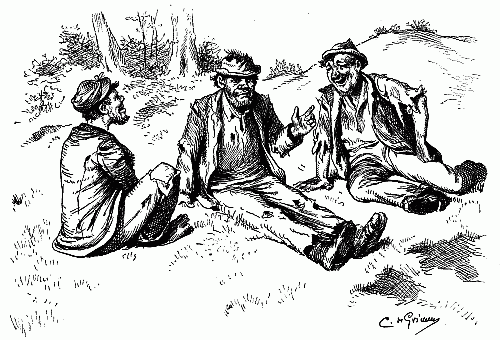Ideas in etymology are like ideas in general. Just as there is the carefully researched and formulated scientific theory as against 'just an idea', so with etymology. It is to be expected that as language becomes more widely researched, so the false etymologies still current will be displaced.
This blog is part 1 of an occasional series in false etymology, Part 2 may be found here.
Windbag The Sailor Spins a Yarn

Windbag The Sailor (1936)
Will Hay as Captain Ben Cutlet, a spinner of yarns.
It has often been suggested that the phrase 'spinning a yarn' originated with sailors. The idea is that sailors often made yarn in the days of sail, and told stories whilst engaged in this tedious work. This is probably an example of false etymology. Whilst sailors might repair ropes, and tease out oakum, they were unlikely to actually produce thread from scratch on board ship. It is much more plausible that the phrase was not originated by sailors, but rather was spread around the world by sailors.
Perhaps the most famous yarn-spinning sailor of all time is Baron Münchhausen.

Spinning is a process of teasing out fibres, intertwining them and stretching them out so as to produce yarn, or thread. This was traditionally a task performed by women. Whether in social groups or alone with children it is entirely plausible that they would have told stories.
Spinning a yarn is a process of working with fibres: stretching and teasing out fibres, combining threads, and spinning. These terms all match nicely to a description of the art of telling tall tales. It is entirely plausible that sailors and other travellers, having learned the art of spinning a yarn from their own mothers, would recognise a tall tale when they saw one. They would then carry the phrase 'spinning a yarn' with them in their travels.
The Joys of Yarn Spinning:

Image courtesy of public-domain.zorger.com



Comments